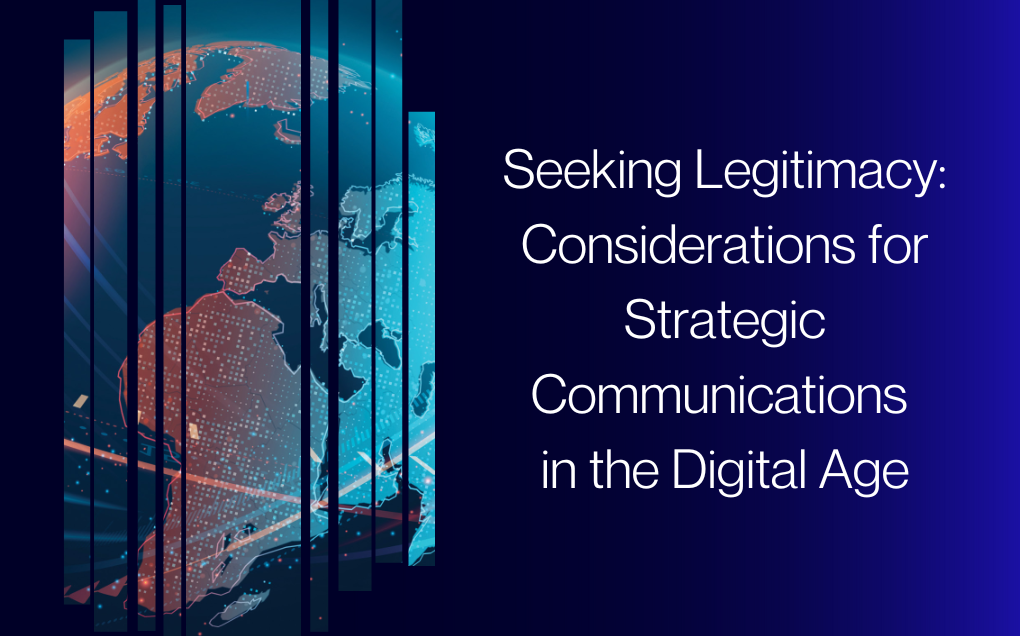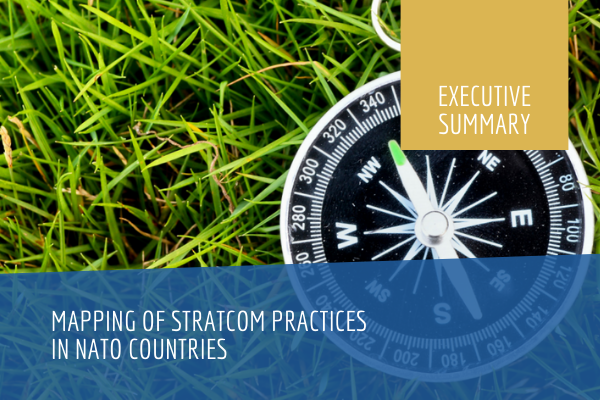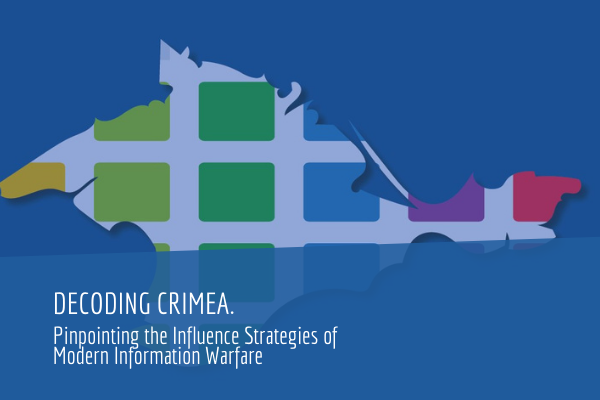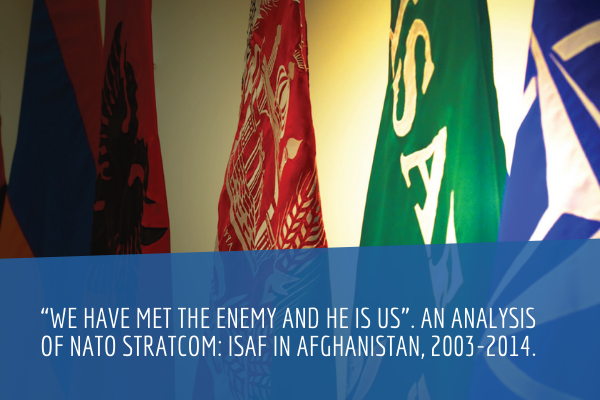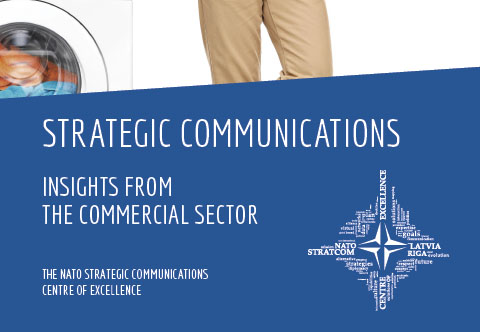About the report
The COVID-19 outbreak has confirmed that, in an era of globalisation, local disasters quickly and unexpectedly escalate into world-spanning crises. What began as a local viral infection in Wuhan grew into a global pandemic in less than two months. The COVID-19 crisis is an unprecedented event in almost every way, not least from a strategic communications perspective. Faced with uncertainty about the development of the virus and its impact on society, governments are under enormous pressure to communicate policy initiatives and advice to their publics under extraordinary circumstances.
While recognising that the crisis is still unfolding at a global level, this report explores how countries chose to act and communicate in relation to the outbreak of the virus during the initial period of the crisis. Although it is still far too early to evaluate the effectiveness of any approach, comparing and contrasting different courses of action at an early stage provides valuable insight into different crisis communication strategies when swift and unanticipated communications were required.
For this purpose, four countries in Asia were selected for study: Japan, South Korea, Singapore, and Malaysia. East Asian countries were hit by the COVID-19 virus at an early stage of the pandemic and have been regarded as ‘first responders’ because they were relatively unconditioned by other countries’ responses to the crisis. To capture official responses during the initial period of the pandemic, we collected data on the policy actions and government communications enacted in each country throughout the period 2 January 2020 to 17 February 2020.

